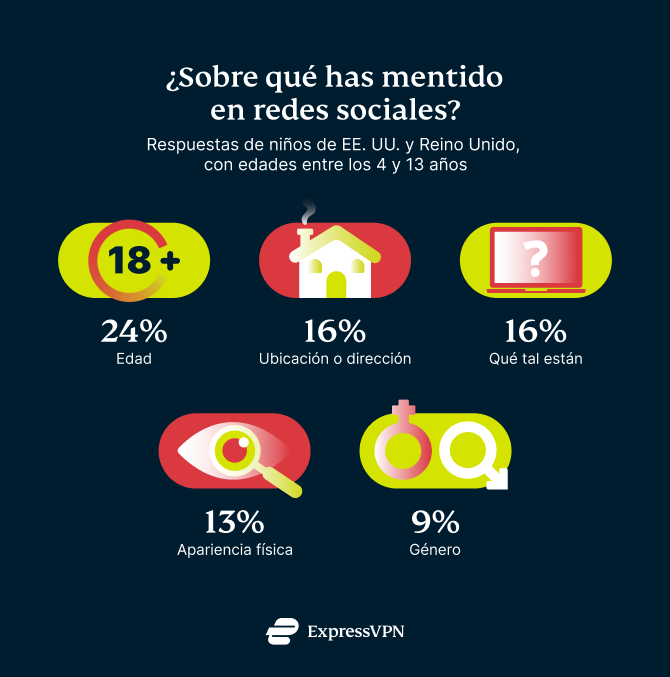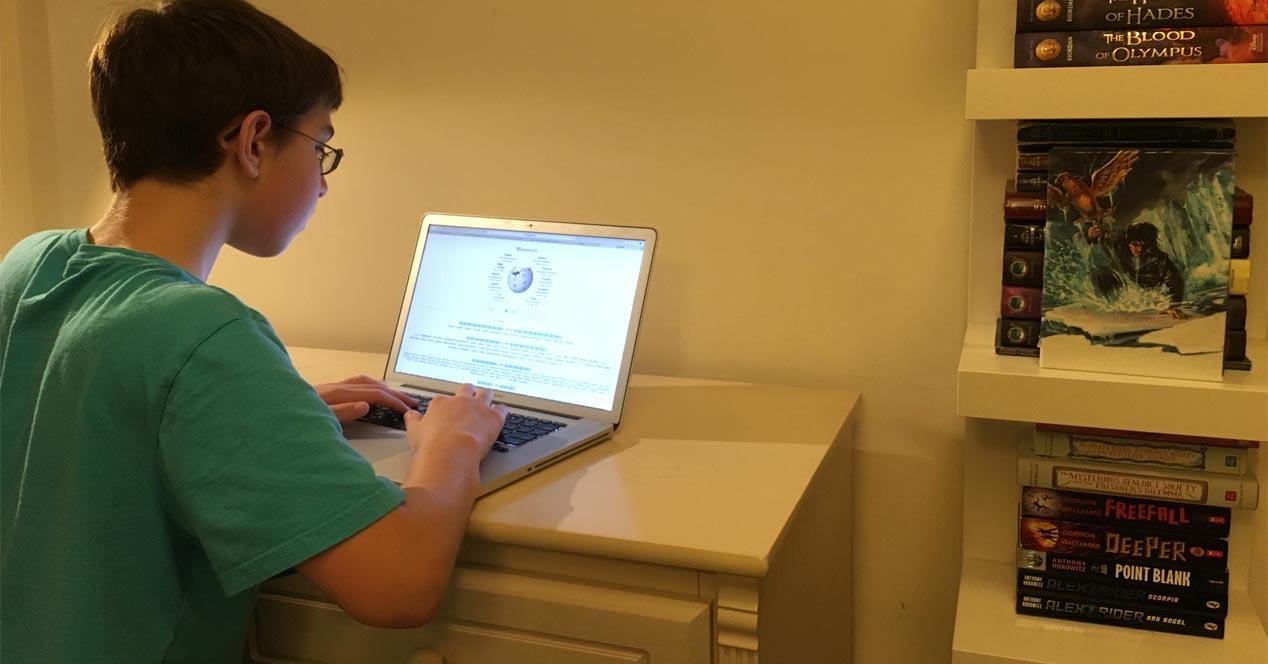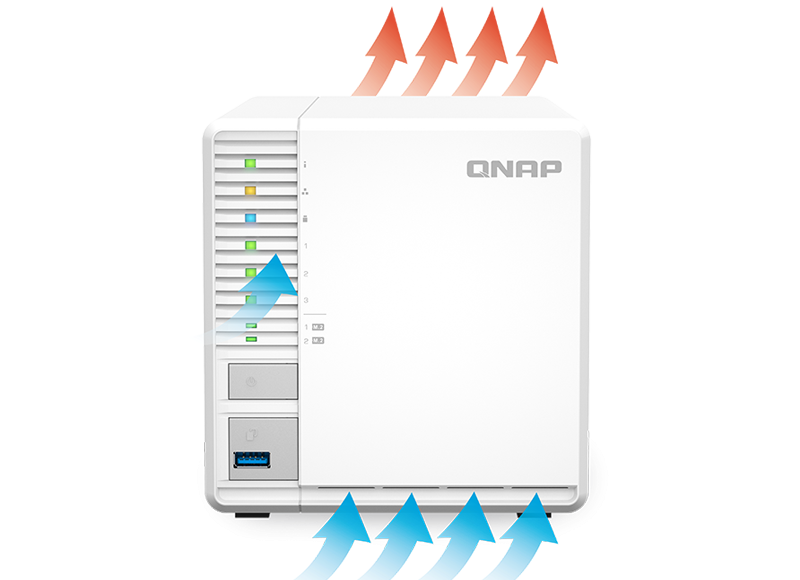
As you can see in the graph, as children get older, they spend more time on social networks. In this way, 13-year-old children will use social networks for an average of 45 minutes daily.
A very important question is:do parents know what their children are doing on social media? Almost no one leaves their children’s online activity unsupervised for at least a year, some check on them more frequently than others, and 54% said they do closely monitor their children’s online activity daily or more than once up to date. Regarding online activities, a large majority of up to 87% allow their children to watch videos from pages such as YouTube, Netflix and other platforms. More than 80% allow their children to play online, while 28% do not see a problem that their children have access to the Internet to read articles.
A very important aspect is that only a small percentage of parents allow their children to have accounts on social networks, so it is assumed that many children who use social networks do so without the knowledge or supervision of their parents, accessing the platforms whenever they can, even if they are using the Internet to study.
dangerus in the social Reds
Most parents are aware of the potential dangers associated with using social media, such as cyberbullying, invasion of privacy, depression when comparing yourself to others, and also online predators that prey on young children. What scares parents the most is that they will bully their children through social networks and the Internet, the second place is sexual recruitment by predators, they are also concerned that there are offensive images and videos, as well as cyberbullying and bullying. Finally, 32% say they are afraid of strangers asking for their children’s personal information.
Of course, all these dangers are also for the children themselves, such as someone being rude to them, being bullied, or being asked to buy something by a stranger. However, scary videos and photos also top the ranking. Something very disturbing is that 17% of the children surveyed have spoken to strangers and have asked them where they go to school, and 14% tell them that they have been asked their home address.
The main platforms where children in the US say they experience negative situations are (from most frequency to least): YouTube, Facebook, TikTok, Roblox, Instagram. In the case of the United Kingdom, the platforms are Roblox, YouTube, TikTok, Fornite and Facebook.
In this study it has been discovered that children lie about their age on social networks, specifically one in four children do so. Additionally, one in six children has lied about their address or location on social media, what they were doing at a certain time, and also their appearance.
Children lying online is also a good thing, because it implies that they feel the need to protect themselves while on social media. However, it could also be that they are trying to adapt to the norms and rules of social networks. The use of social networks among children is expected to increase as the youngest access the Internet, so teaching children about what measures to take to protect themselves is very important.
Tips to keep your children safe
Considering all the dangers lurking on social media, it is clear that certain measures need to be taken to protect our children while they are browsing the internet and on social media as well. Children are increasingly exposed to the Internet, and they are increasingly accessing social networking platforms earlier. Next, we are going to indicate everything you can do to keep them protected.
Install parental controls
The parental controls They are one of the best ways to control what our children do on the Internet. Thanks to these software, we will be able to limit the time our children use it, as well as control what content they are viewing with their smartphone, tablet and even with their computer. Through parental controls, we can manage the online content that our child is viewing very easily and quickly, creating specific content filters and adapted to their age.
In addition, a strong point of parental controls is that they will be able to block applications that present images, text or videos that are not appropriate for them. Of course, we can establish both a schedule for Internet use, as well as a time limit for browsing online. It’s very important add parental controls on all the devices they are going to use, such as game consoles, web browser search engines, as well as at the home WiFi router level, if they support this very important and basic functionality today.
Don’t make friends with strangers online
It is very important to remind our children that they should not become friends with people they just met onlineNor in the real world. It is very important that they always mistrust the person behind a screen, especially if they do not know each other in real life, they should not be friends. It is very important to explain to our son the following:
- People can create fake profiles and pretend to be someone else.
- Do not share with anyone private information such as the school you go to, or information that could physically locate you.
- Talk to him about the dangers of websites and messaging applications.
- Ask them to tell us immediately if a stranger asks them to meet in person. It is very important to remind them that it is not safe to meet anyone in real life that they have met online.
Communication with children
The communication between parents and children is essential, and more in everything that surrounds the Internet and social networks. It is very important that they tell us absolutely everything that happens to them through the Internet connection, for example, if they receive a strange email that they forward it to us immediately, it is also very important that they tell us if they have any problem while they are using the computer and use social media.
In this way, we will be able to tackle as soon as possible any type of problem of a stranger contacting our child, or exchanging photos or videos through instant messaging programs.
Use a VPN
Virtual private networks allow us redirect online traffic through a secure tunnel, this means that by using a VPN, we will not only be more secure by end-to-end encrypting data, but we can also increase our anonymity over the Internet because we will have another public IP address. A very important aspect is that today there are certain VPN services that integrate parental control, so the service itself will be in charge of filtering all the content that is not suitable for our children.
If we do not have parental control installed on each of our computers to filter the content, we can use some VPN services to control and filter the network traffic that will reach the minor, and thus navigate in a more protected way through Internet.
Create usernames without personal data
It is very important that our children do not create accounts with your real name and surname, nor using your current age, with the aim of being as anonymous as possible. If we give out too much information, they may be targeted by predators who want to track the children. If you are going to use a username, it is recommended that it be something that does not identify you.
For example, let’s imagine that our son is called Juan García Blanco and is 13 years old, it is not recommended to create usernames like JuanGBlanco13 because we will be giving too much information. It is much better to register usernames that do not identify us at all.
As you can see, with these simple recommendations we can keep our children very protected while they use the Internet connection and social networks.






